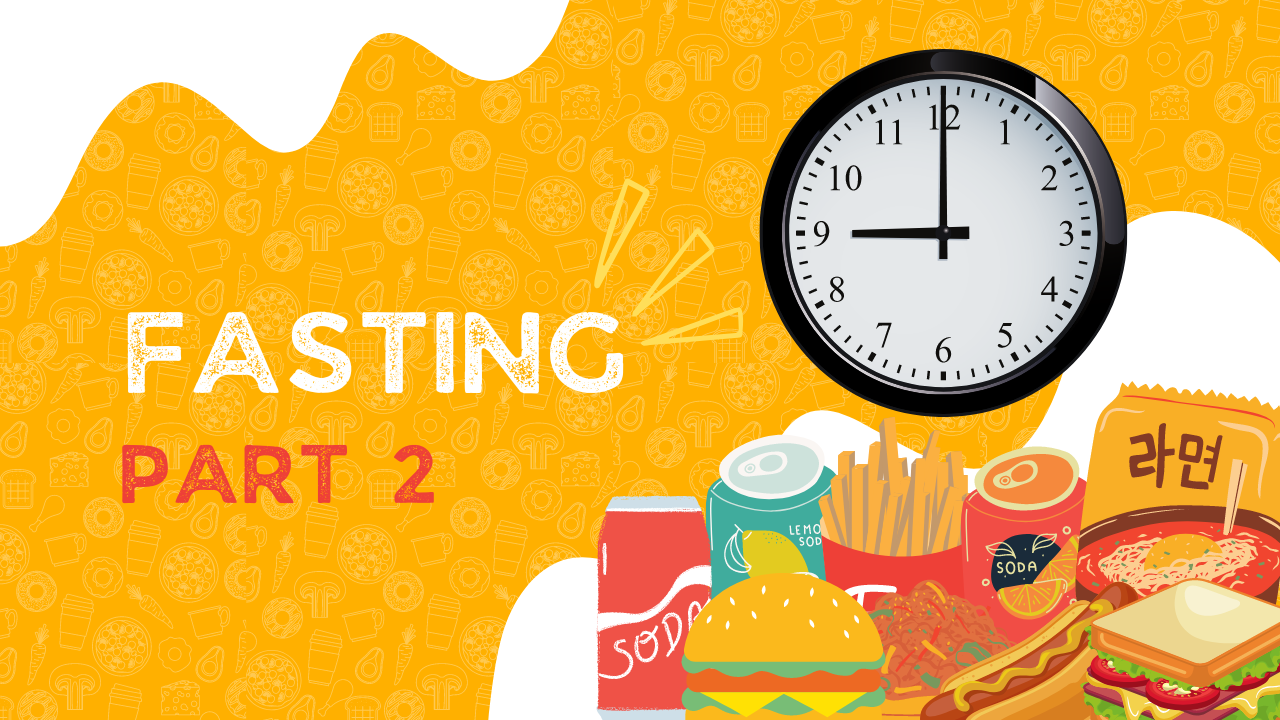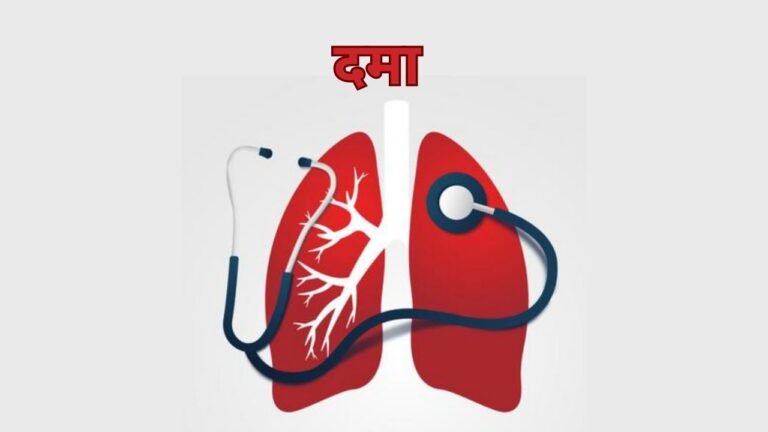Who should not fast (part 2)
Fasting
While fasting can have many potential health benefits, it’s not suitable for everyone. There are certain groups of people who should avoid fasting altogether or approach it with caution. Here are some examples of who should not fast:.
1. Pregnant or breastfeeding women: Fasting can affect the nutrient supply to the fetus or newborn, which can lead to potential health problems. It’s essential for pregnant or breastfeeding women to consume adequate amounts of calories, protein, vitamins, and minerals to support the growth and development of their babies.


2. People with certain medical conditions: Fasting can be dangerous for people with certain medical conditions, such as diabetes, liver or kidney disease, heart disease, and eating disorders. In some cases, fasting can exacerbate these conditions or lead to further complications.
3. People taking certain medications: Fasting can affect the way some medications are metabolized and absorbed, which can lead to potential health problems. It’s essential for people taking medication to speak with their healthcare provider before attempting any form of fasting.


4. People with a low body mass index (BMI): Fasting can lead to rapid weight loss and may be dangerous for people with a low BMI. It’s important for people with a low BMI to approach fasting with caution and under the guidance of a healthcare professional.
t’s important to note that fasting is not a one-size-fits-all approach, and it’s essential to approach it with caution and under the guidance of a healthcare professional. If you have any concerns about whether fasting is safe for you, speak with your healthcare provider before attempting any form of fasting.
HOW TO START FASTING:
If you’re interested in trying fasting, it’s important to approach it with caution and to speak with a healthcare professional before beginning any fasting regimen. Here are some steps you can take to start fasting:
1. Choose a fasting method: There are several types of fasting, including intermittent fasting, water fasting, juice fasting, and partial fasting. Research the different types of fasting and choose the method that best aligns with your goals, lifestyle, and health needs.

2. Plan your fasting schedule: Determine the length and frequency of your fasting. For example, if you choose intermittent fasting, you may decide to fast for 16 hours and eat within an eight-hour window each day. Or, you may choose to fast for 24 hours once or twice a week. Make sure to choose a schedule that is realistic and sustainable for you.

3. Prepare your body: Before beginning any fast, it’s important to prepare your body by gradually reducing your calorie intake and avoiding processed foods and sugar. This can help ease the transition into fasting and reduce hunger and cravings.
4. Stay hydrated: Drinking plenty of water is essential during fasting, as it helps to flush out toxins and keep your body hydrated. It’s also important to consume electrolytes such as sodium, potassium, and magnesium to maintain proper fluid balance and prevent dehydration.
5. Break your fast gradually: When ending a fast, it’s important to break it gradually and with nutrient-dense foods to avoid digestive discomfort. Start with small, light meals and gradually increase your food intake over the course of several days.


6. Monitor your body: Pay attention to how your body responds to fasting and make adjustments as needed. If you experience dizziness, headaches, or other symptoms, consider shortening the length of your fast or adjusting your fasting schedule.
It’s important to note that fasting may not be appropriate for everyone, particularly those with certain medical conditions, pregnant or breastfeeding women, and those with a history of disordered eating. It’s essential to speak with a healthcare professional before beginning any fasting regimen to determine if it’s safe and appropriate for you. Additionally, it’s important to approach fasting as a complement to a healthy diet and lifestyle rather than a quick fix or a substitute for proper nutrition and exercise.









